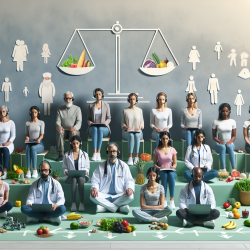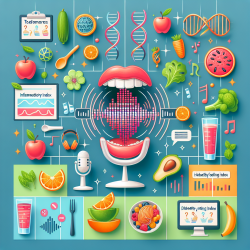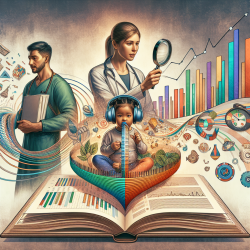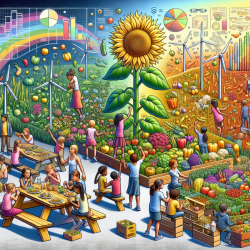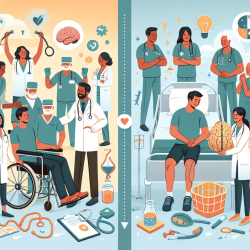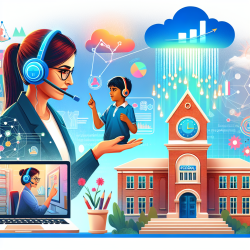The COVID-19 pandemic has brought unprecedented challenges to our global community. Among its many impacts, the relationship between social distancing measures and nutrition has emerged as a critical area of concern. As practitioners dedicated to improving health outcomes, it is essential to understand these dynamics and explore strategies to mitigate the adverse effects of prolonged isolation on nutrition.
The Double-Edged Sword of Social Distancing
Social distancing is a vital public health measure designed to curb the spread of COVID-19. However, it has also inadvertently contributed to nutritional disparities across various populations. According to research by Chu et al. (2022), prolonged isolation has exacerbated food insecurity, particularly in low- and middle-income countries (LMICs). The labor-intensive nature of agriculture in these regions has been severely impacted, leading to reduced food production and increased prices.
This situation has forced vulnerable communities to make difficult choices regarding their diets. Many have had to cut back on nutrient-rich foods such as fruits, vegetables, and proteins, leading to widespread micronutrient deficiencies. For practitioners, understanding these challenges is crucial for developing targeted interventions that address both immediate nutritional needs and long-term health outcomes.
Strategies for Practitioners: Bridging the Gap
Practitioners can play a pivotal role in bridging the gap between social distancing measures and nutritional well-being. Here are some strategies that can be implemented:
- Community Engagement: Engaging with local communities to understand their specific needs can help tailor interventions that are culturally appropriate and effective. This includes collaborating with community leaders and organizations to distribute food assistance packages.
- Nutritional Education: Providing education on affordable and nutritious meal options can empower individuals to make healthier choices despite financial constraints. This could involve virtual workshops or distributing informational materials through online platforms.
- Advocacy for Policy Change: Practitioners can advocate for policies that support food security initiatives at both national and local levels. This includes pushing for agricultural reforms that ensure sustainable food production and distribution systems.
- Telehealth Services: Utilizing telehealth platforms to offer nutritional counseling and support can help reach individuals who may not have access to traditional healthcare services due to social distancing measures.
- Research and Innovation: Encouraging further research into the long-term effects of social distancing on nutrition can provide valuable insights for future public health strategies. Practitioners should stay informed about emerging studies and incorporate new findings into their practice.
The Role of Online Therapy in Addressing Nutritional Challenges
Online therapy services, such as those provided by TinyEYE, offer a unique opportunity to address nutritional challenges exacerbated by social distancing. By integrating nutritional counseling into therapy sessions, practitioners can provide holistic support that addresses both mental health and dietary needs.
This approach not only helps individuals cope with the psychological stressors of isolation but also empowers them to make informed decisions about their nutrition. As online therapy continues to evolve, it holds great potential for improving health outcomes in a post-pandemic world.
A Call to Action: Further Research Needed
The research conducted by Chu et al. highlights the urgent need for further studies on the long-term consequences of COVID-19-related malnutrition. As practitioners, it is our responsibility to stay informed about these developments and advocate for evidence-based solutions that promote health equity.
To read the original research paper titled "Social distancing and physical isolation associated -malnutrition and COVID-19", please follow this link.
Together, we can work towards a future where social distancing no longer exacerbates nutritional inequalities but instead serves as a catalyst for positive change in public health practices worldwide.
